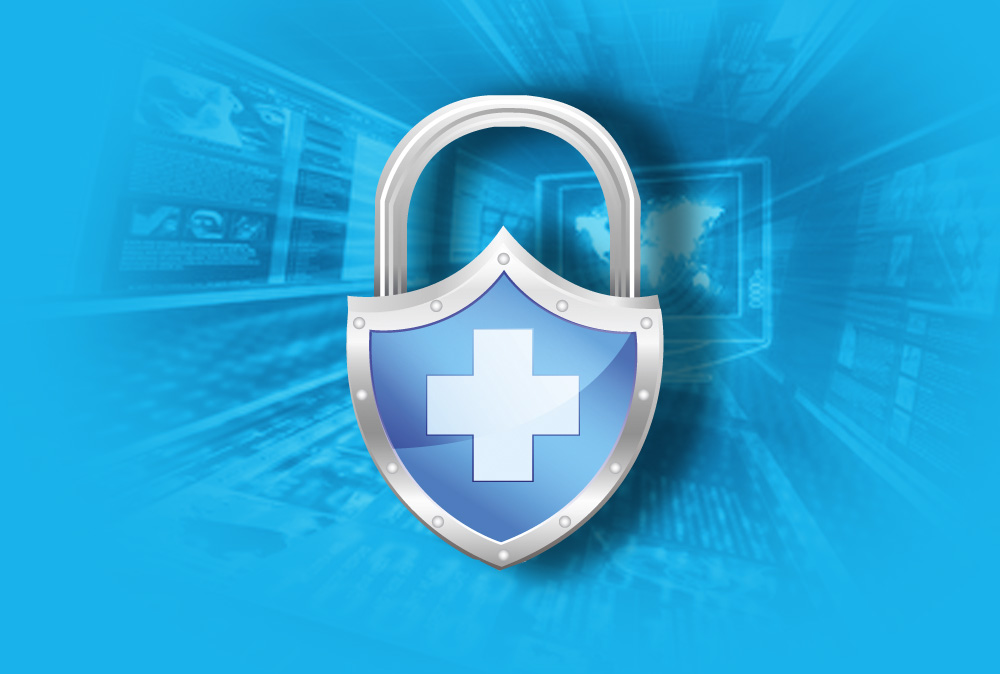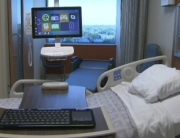The hospital did an internal investigation and, in the end, offered me a brief apology.
That one story is an example of how easily a patient’s health care privacy can be breached. It also speaks to the urgent need for healthcare providers and hospitals to implement systems that ensure patient privacy and minimize the potential for human errors.
The digital revolution is dramatically changing the healthcare industry and improving the way health care is delivered. Innovations in mobile technology have made it possible to deliver health care to remote areas, teach classes to medical students miles away, and improve the quality of care to patients. It’s making healthcare more accessible and shortened wait times. IT advances are also helping patients become more engaged in their own health and the 2014 Webby Awards highlighted just how innovative app developers have become with apps that do everything from track one’s reproductive health to help athletes raise funds for charity.
The integration of electronic medical records (EMR) is not only helping streamline patient care, but also reduces medical errors and improves communication; however, with the increased use of EMR’s, the issue of privacy has become an emerging threat. The privacy issue was front and centre at the 11th annual Canadian Mobile Healthcare Summit held in Toronto in January. One of the key speakers, former Privacy Commissioner for Ontario Ann Cavoukian, cautioned that efforts need to be taken to ensure that patient information is secure and safe from external tampering or hacking.
Dr. Cavoukian is Executive Director of The Privacy and Big Data Institute at Ryerson University and considered one of the world’s leading privacy experts. As Privacy Commissioner, she authored a report, What to do When Faced With a Privacy Breach: Guidelines for the Health Sector. The report highlighted the importance of healthcare providers being aware of what is contained in the Personal Health Information Protection Act. She told the crowd at the Toronto Summit healthcare providers need to understand how privacy protection is legislated in Canada and in each province and learn how to safeguard their staff and patients by drawing on lessons learned from organizations that have been subjected to intrusions.
Johana Mian, Marketing Business Development Coordinator at i3 Solutions Inc. which developed the Panacea Bedside Terminal for hospitals, said the privacy session was educational in that it showed the move toward mobile healthcare doesn’t have to be impeded by concerns around patient privacy. Mian commented, “The notion that privacy shouldn’t be viewed as a roadblock to mobile healthcare but rather, a process that can really elevate and streamline the delivery of healthcare by incorporating privacy into the product design was enlightening.”
The importance of protecting patient privacy and healthcare data cannot be overstated in today’s climate and hospitals that fail to implement it effectively may find themselves offering more than a simple apology to patients.







